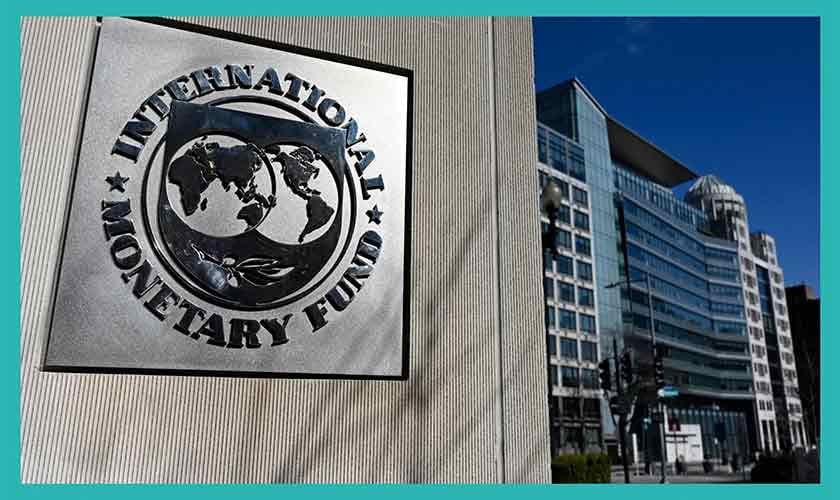
#Breaking #cycle #Political #Economy
Akistan is on a difficult economic cross road. The growth is slow, imports are expensive and key economic indicators are low. The incoming federal budget is not just one more financial document-it is the standard whether this country will eventually go away from the crisis and launch on the path of long-term growth. With inflation and interest rates, it is time to transmit comprehensive growth gears of comprehensive growth.
Let’s start with foreign exchange reserves. Only less than $ 16 billion, our reserves can barely cover two months of imports. This is especially disturbing to the country that imports more than 70 % of its energy needs. IMF bailout and remittances are not sustainable instead of export -led income. In order to strengthen foreign currency reserves, Pakistan needs to build a strong export base. This means that instead of sticking to cotton yarn and rice, facilitate agricultural processing, IT services, engineering equipment and high value added textile products.
On the income front, Pakistan’s per capita income is $ 1,574. These figures are not only behind regional colleagues, but also fail to reflect increasing inflation and unemployment. Salary people participated in taxes of Rs 500 billion last year, which had an unpredictable burden. When we go to the next budget, the government will have to reduce the tax burden on the salaried class by expanding the tax base. It is unfair and unstable that a small, constructive class keeps paying the rest.
There is another silent emergency in our economy: unemployment youth. With 60 % of the population under the age of 30, the country has a massive population profit. We have so far failed to turn it into economic opportunities. According to the Labor Force survey data, the unemployment rate of youth is more than 11 %. Too many statistics have been reported for educated youth. We need great investment in vocational training, digital education and entrepreneurship programs to absorb these young people.
The industry is struggling once, after the hope of creation and innovation. High energy costs, lack of financing and unequal FTA with China have hollowed out domestic manufacturing. Cheap, large -scale Chinese goods have engulfed our markets. Local industries are suffering from outdated technology and poor quality control. This is not about closing borders, but rather about discussing better terms and helping our industries become competitive through policy stability and modern infrastructure.
An economy that cannot feed, employ or maintain its people on its own terms is not just weak – it is very weak.
The agriculture sector also has immense potential. It is maintained by low production capacity, water mismanagement and old supply chains. Miracles do not require miracles to fix agriculture – it just requires smart irrigation, access to finance and improved storage and transport system. Its purpose should be to connect the farmers to the markets and make agriculture a viable business.
The debt burden is another quick problem. Last year, more than 50 % of the federal budget was consumed by interest payments. Payment of capacity in the energy sector has crossed Rs 2 trillion, which increases circular debt and increases electricity prices. The situation is clearly unstable.
So what should the next budget prefer? Three things: Reduce the tax burden on the middle class, create concessions for industrial and SME growth, and make energy prices reasonable. Most of all, it should introduce structural reforms that reduce our dependence on borrowing and imports.
Pakistan has talent, a young population, fertile land and a strategic place. What he needs is integrated policy making. The 2025 budget should be the beginning of the economic rehabilitation project, which is beyond firefighting and aims to have long -term flexibility.
An economy that cannot feed, employ or maintain on its own terms is not just weak – it is very weak. This budget is our opportunity to change it.
The author is an independent journalist based in Islamabad, specializing in reporting economy, energy and climate affairs. They can be arrived at tweets/posts @Fezi22 and FPRACHA@gmail.com.






